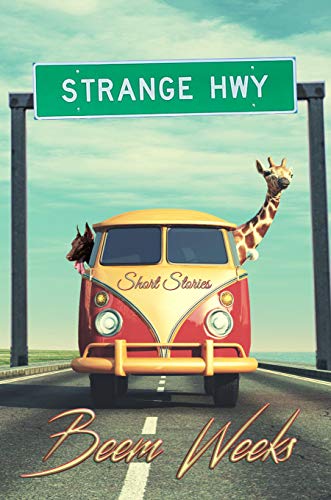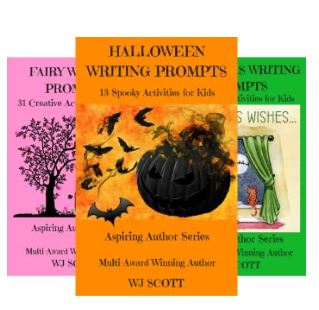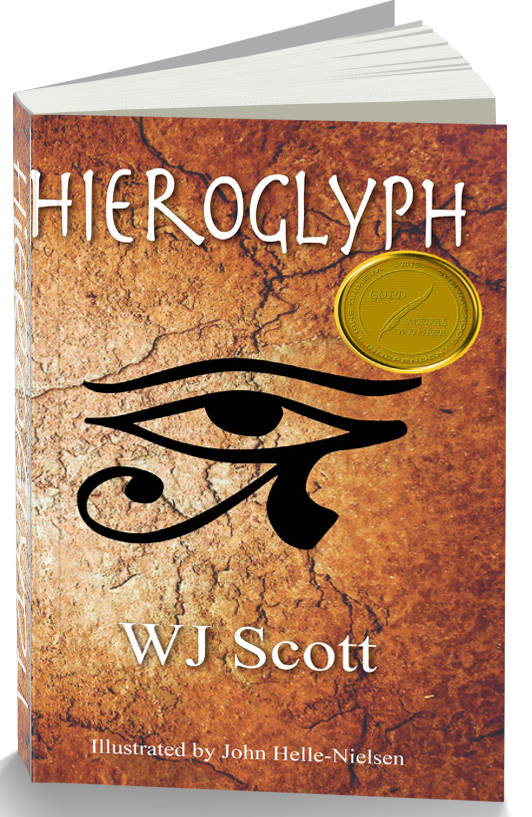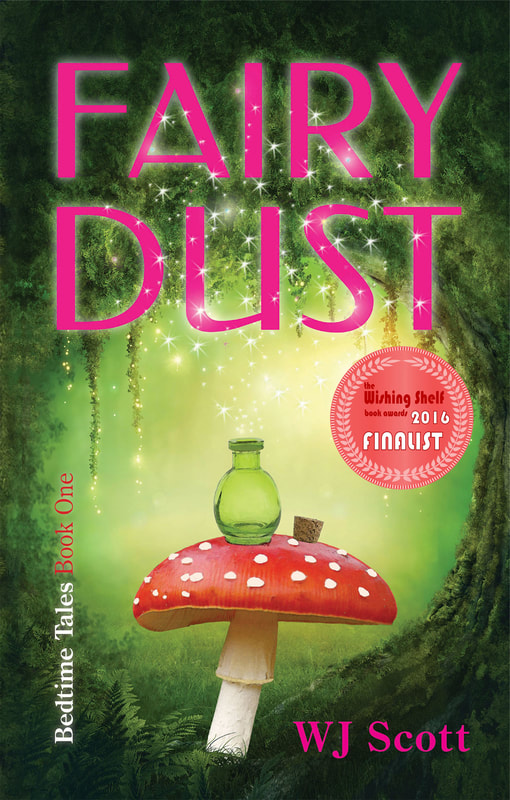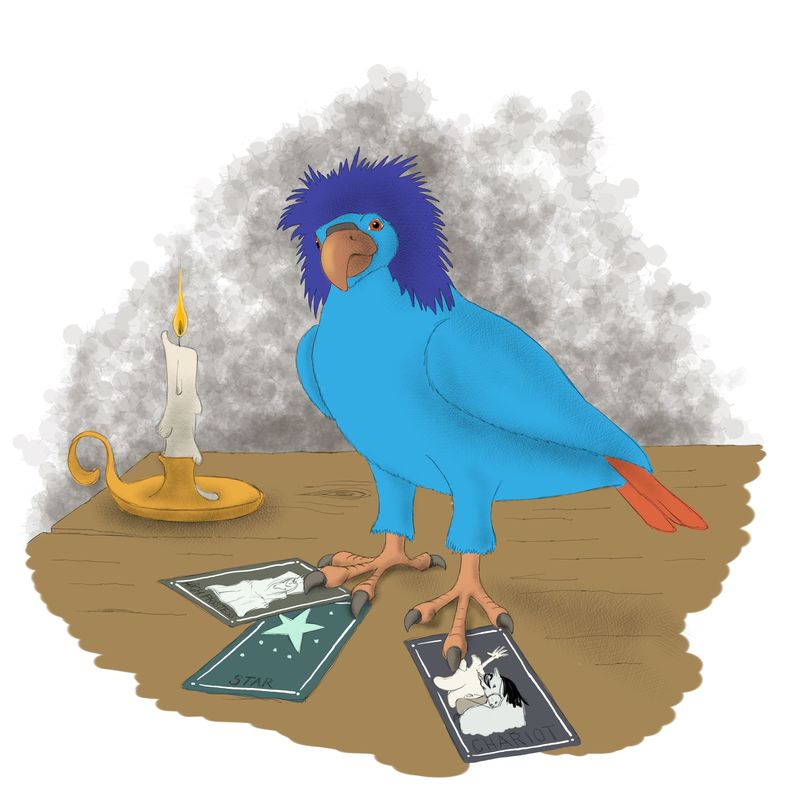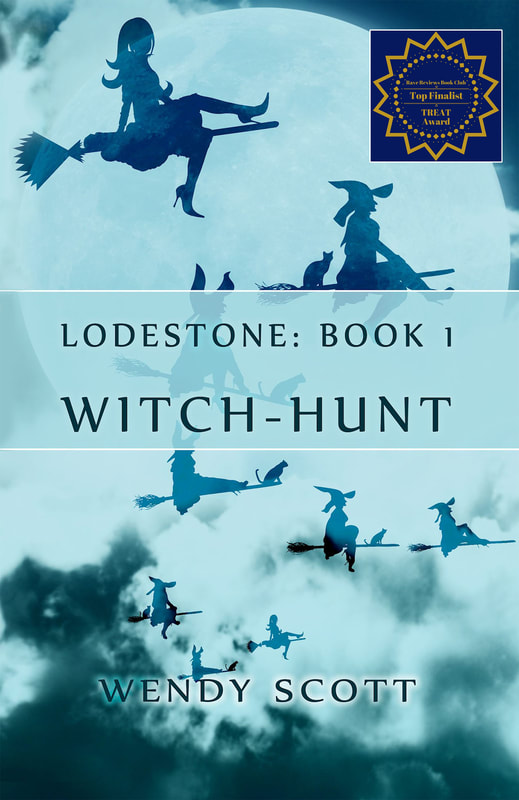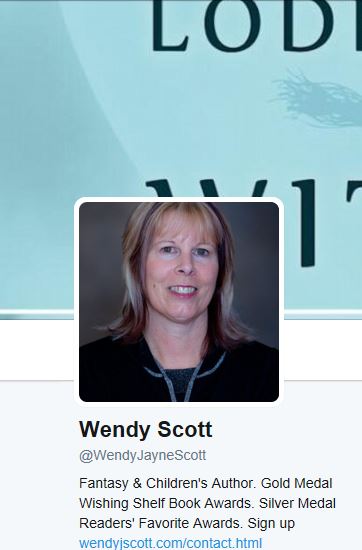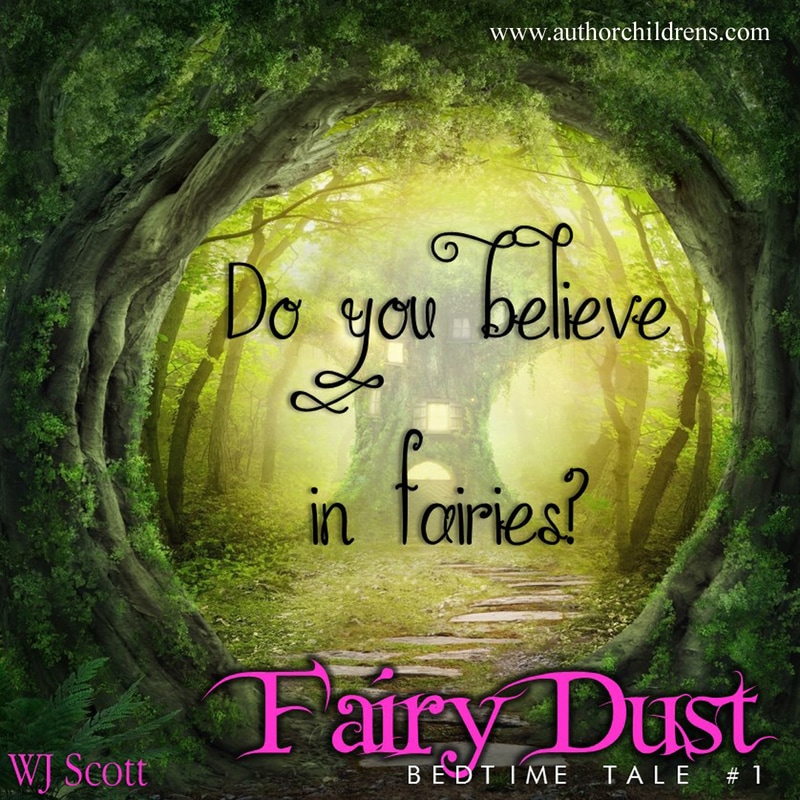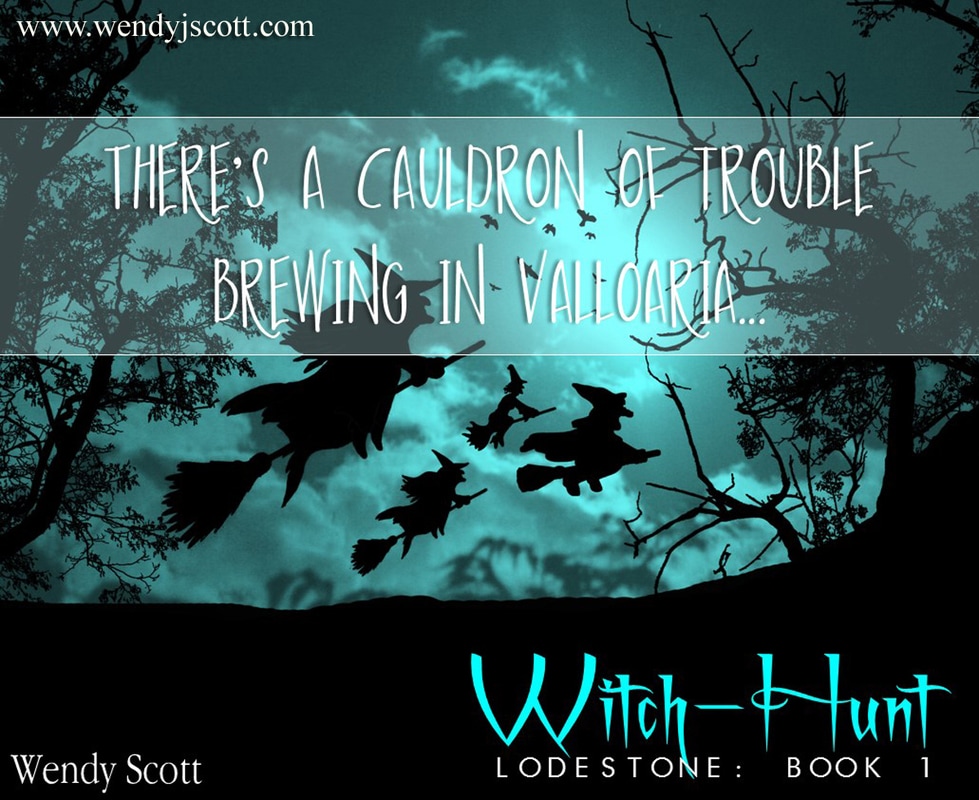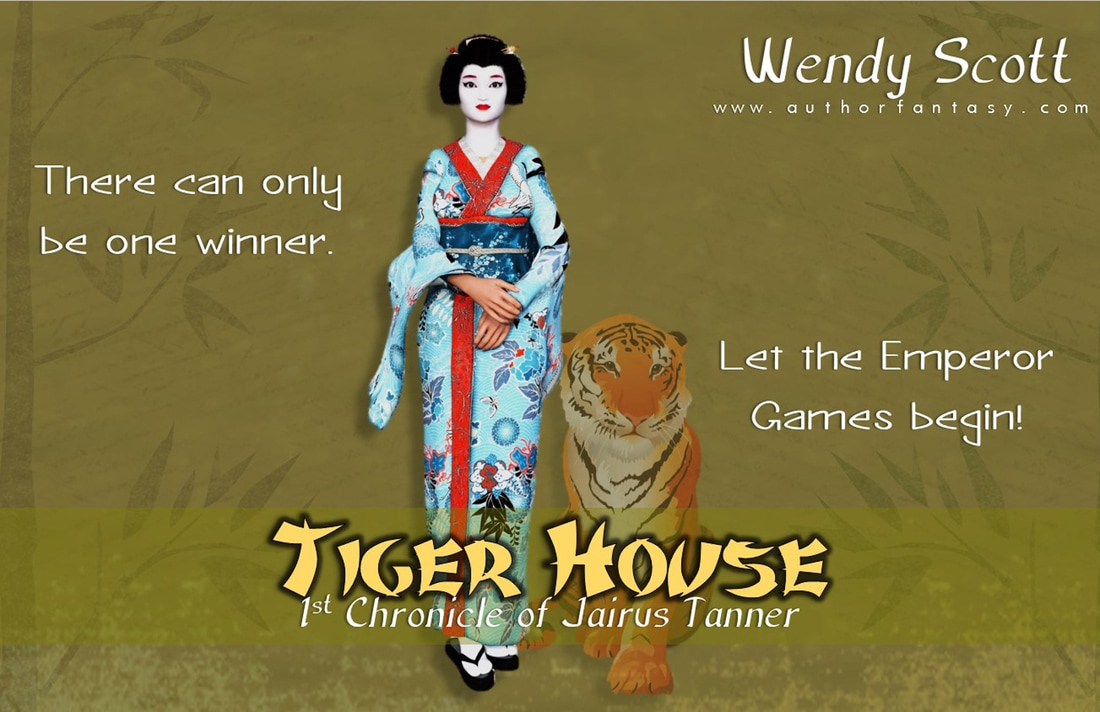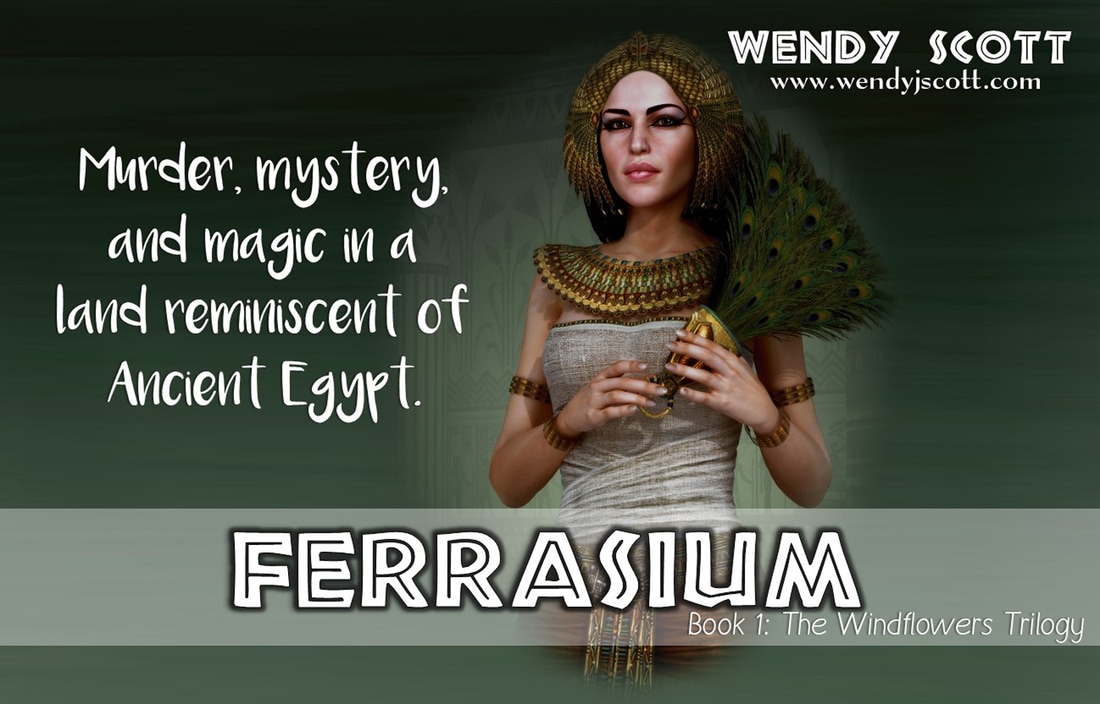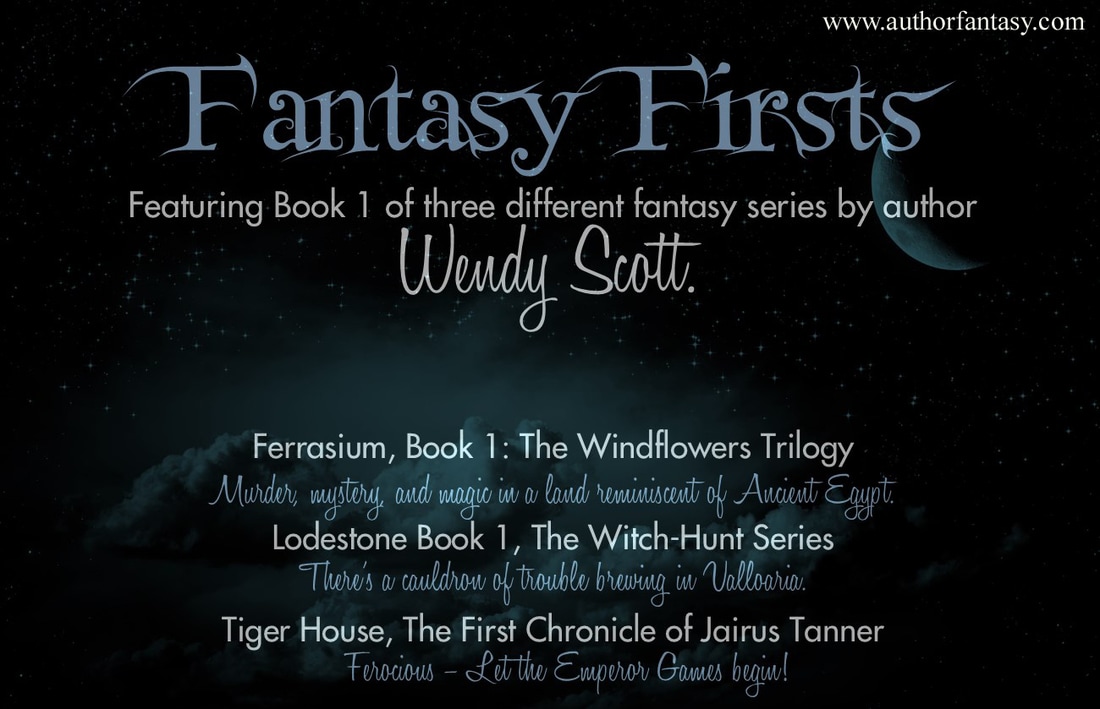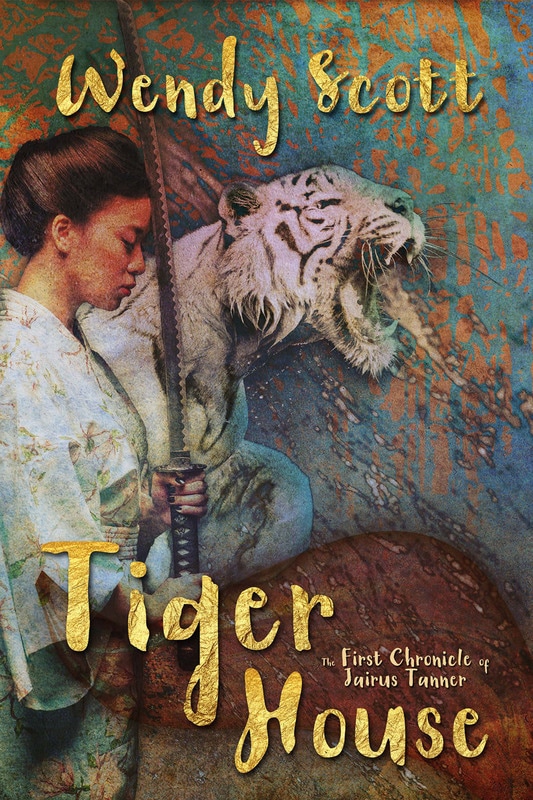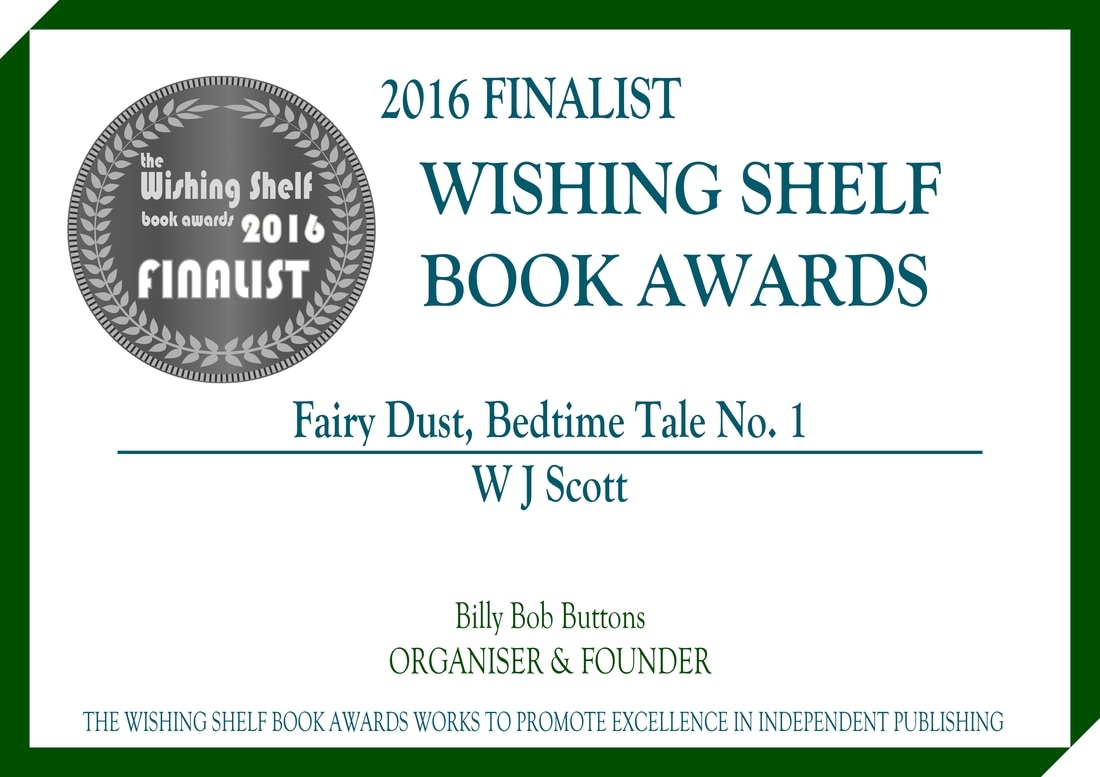I'm delighted to host this extremely talented author - Beem Weeks.

Why write short stories? The answer is really quite simple: Short stories offer instant gratification for both writer and reader. A short story can be written in a day or two. It can be read in a matter of minutes. I love the work and research that goes into writing novels, but the short story is probably my favorite form of writing.
I began writing short stories when I first learned to construct a proper sentence—which goes back to about age eight. I’ve written nearly a hundred pieces over the course of my life, though most of those have been lost to time.
Anything can inspire me: An experience, a memory, an overheard comment. Our world is awash in ideas and inspirations—if only we choose to look for them. Often, I’ll be doing some mundane chore, like mowing the lawn, when a glimpse of a scene will enter my thoughts. This is how the idea for Lost Boy came to me. Lost Boy tells the story of an old man bothered by the noise created by the trampoline belonging to a little boy next door. The idea came to me while mowing the lawn. Some children in my former neighborhood have a trampoline, which, at times, can be quite noisy. I added the twist at the end, which led to the old man missing that sound of the squeaking springs once they ceased. I won’t give away that ending, but I am happy to say it is just fiction.
A short story can cover hours, days, weeks, or years in the lives of the characters. It can also be a single scene, a moment caught in time. One of my stories in Strange Hwy, entitled Dodging the Bullet, consists of a meeting between two characters in a diner, a former couple, recalling lives shared decades earlier. The shortest pieces can sometimes say as much as any novel. Here’s a famous quick-fiction piece: “For sale: baby shoes, never worn.” That simple line opens up all sorts of possibilities. I imagine a young couple that never had the chance to dress their new baby. These are words that convey devastating events in individual lives.
I jot down ideas on scraps of paper and Post-It notes that are stuck all over my desk. When time allows, I begin working on one of those ideas. Some stories are written in a single afternoon. Others germinate over a few days. With the internet at our fingertips, getting those short stories in front of readers across the world is relatively easy these days.
I enjoy writing about all sorts of subjects in my short pieces: quirky characters, dark intentions, real life situations, souls lost, lives found, and the just-plain-made-up stuff. In Peepers Creepers, a story from Slivers of Life, a shy girl wanders her neighborhood late at night, peeking in windows—but not for perverted reasons. This is just her way of getting to know people. In the story Rave On, a simple trip to a rave party reveals something very dark about one of the attendees. In Mr. Woodlick, an old man divulges a long-kept secret to the kid next door—a secret that could change the boy’s life. When Jesus Left Birmingham is based on real life events surrounding the early 1960s civil rights movement.
The idea of publishing collections of my short stories came from readers. Those suggestions planted the seed that grew into Slivers of Life, an assembly of twenty pieces written over a fifteen-year period. Strange Hwy, containing nineteen new tales, represents a particularly fruitful four years of writing.
Do I have personal favorites? Though these creations are indeed like my children, I do have those I prefer above others. Forget Me (Not Fade Away) is one I am really proud to have written. It deals with loss on many different levels: loss of a child, loss of dreams, loss of a marriage, loss of memories through Alzheimer’s, loss of faith. But at the end, the main character finds a little scrap of hope onto which to hold. Another favorite is A Life Lived (In Under 600 Words). It began as an exercise and became a short story of boy-meets-girl, boy-marries-girl, boy-loses-girl, all under 600 words.
I try to inject reality into each story I write. However, from time to time, the otherworldly has crept into a few pieces: a girl vampire, a reincarnated boy, a girl/woman guardian angel, a thief from the sky that just cannot be explained. Fiction allows for these digressions into the unreal. With the short form of storytelling, there doesn’t have to be a standard beginning, middle and end. It can be a simple scene, a dialog between a mother and her daughter on why boys are no good. The key is to just have fun with it.
